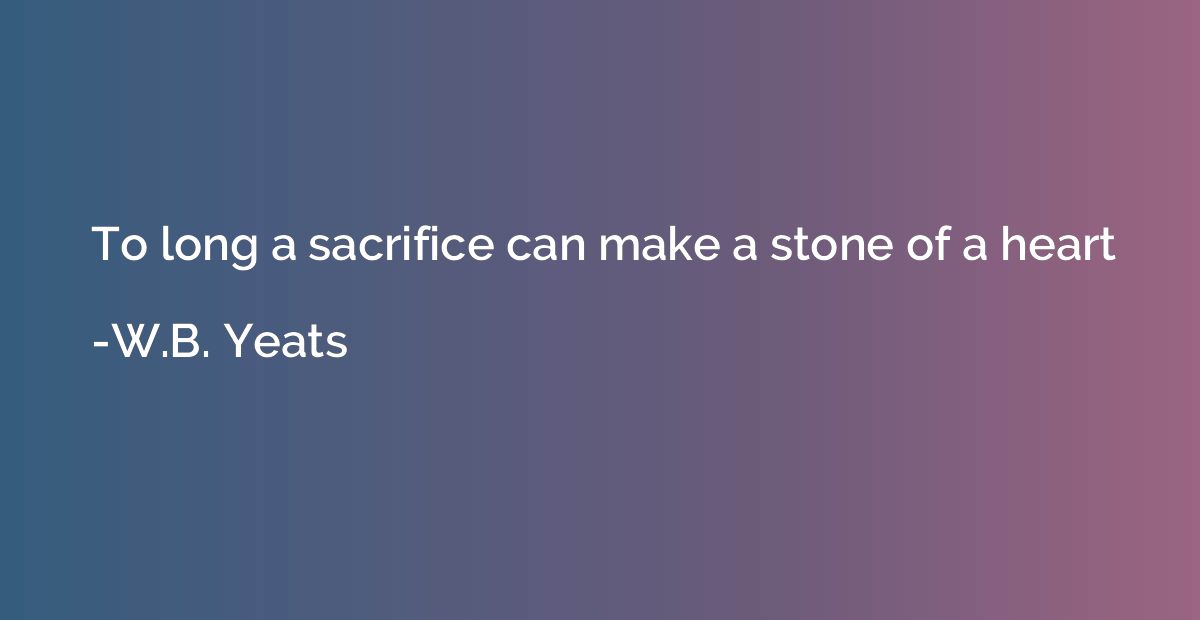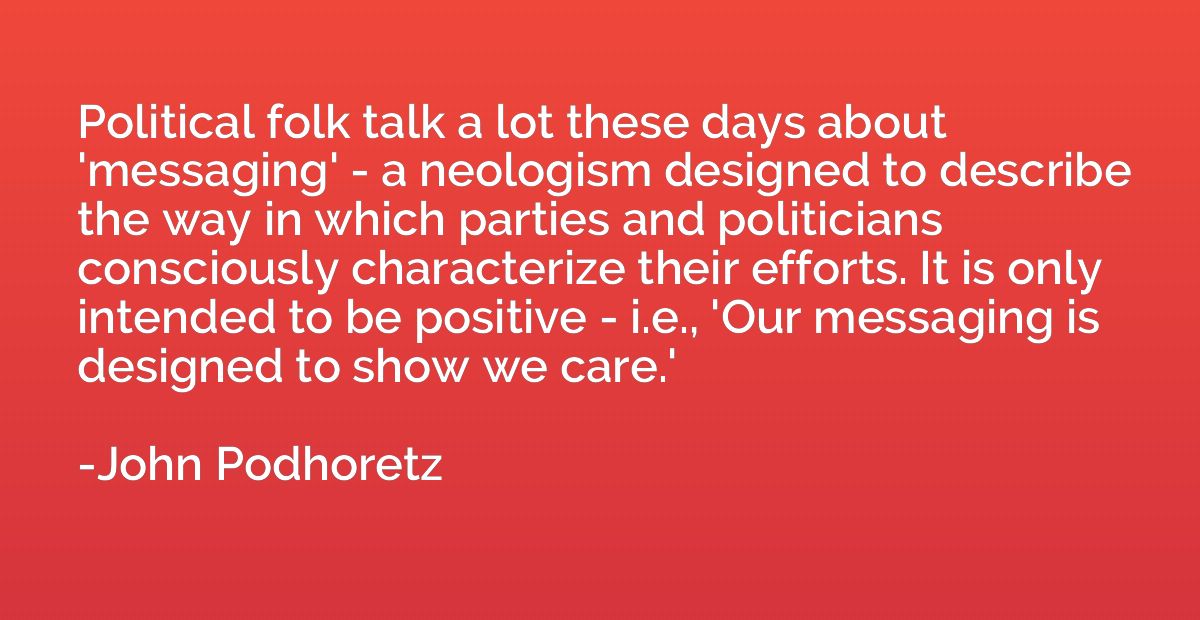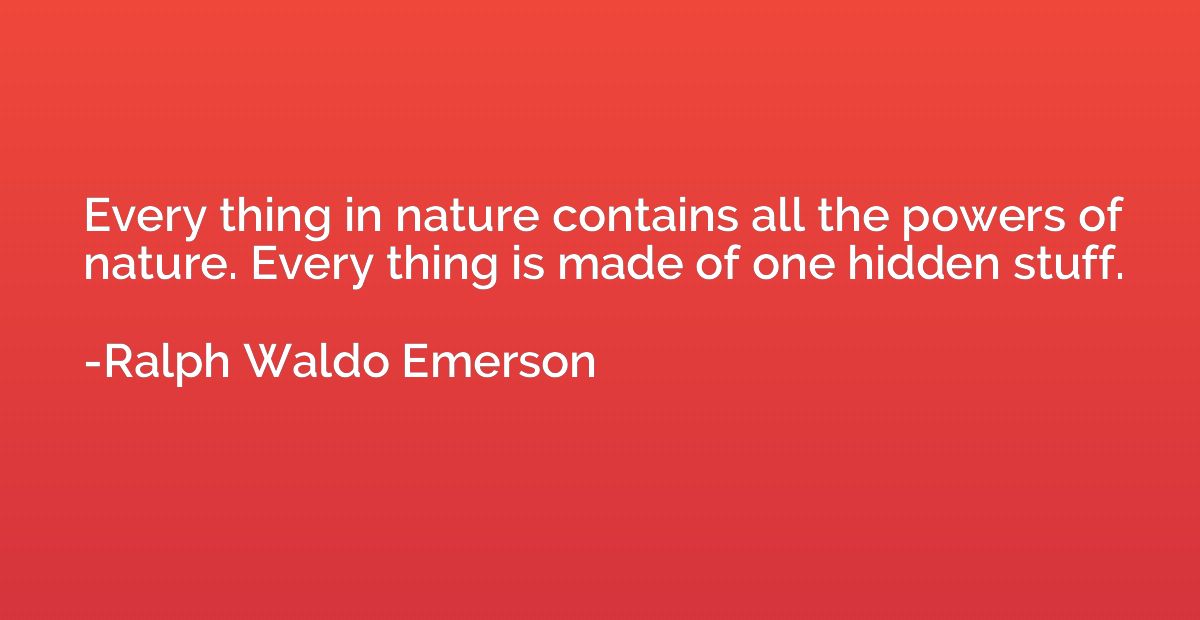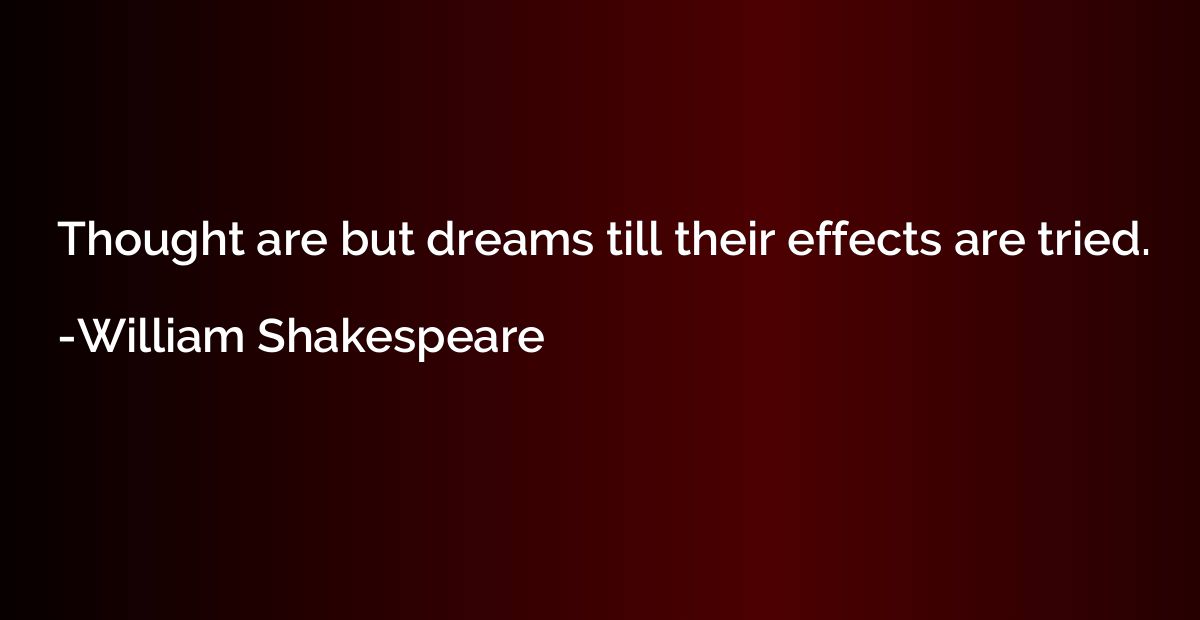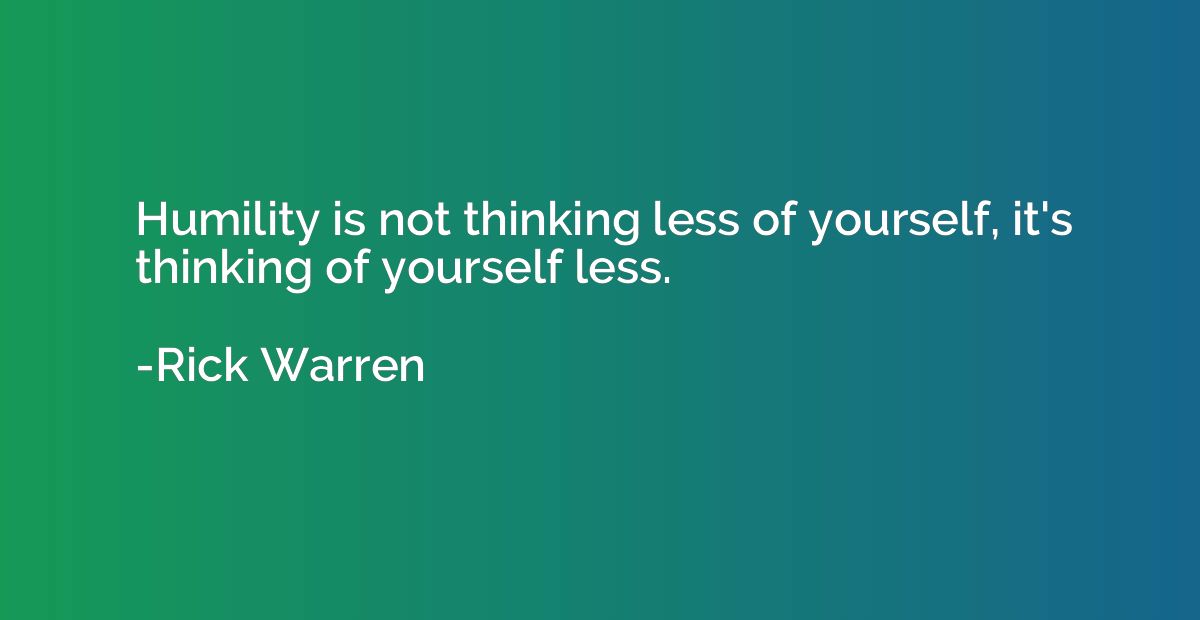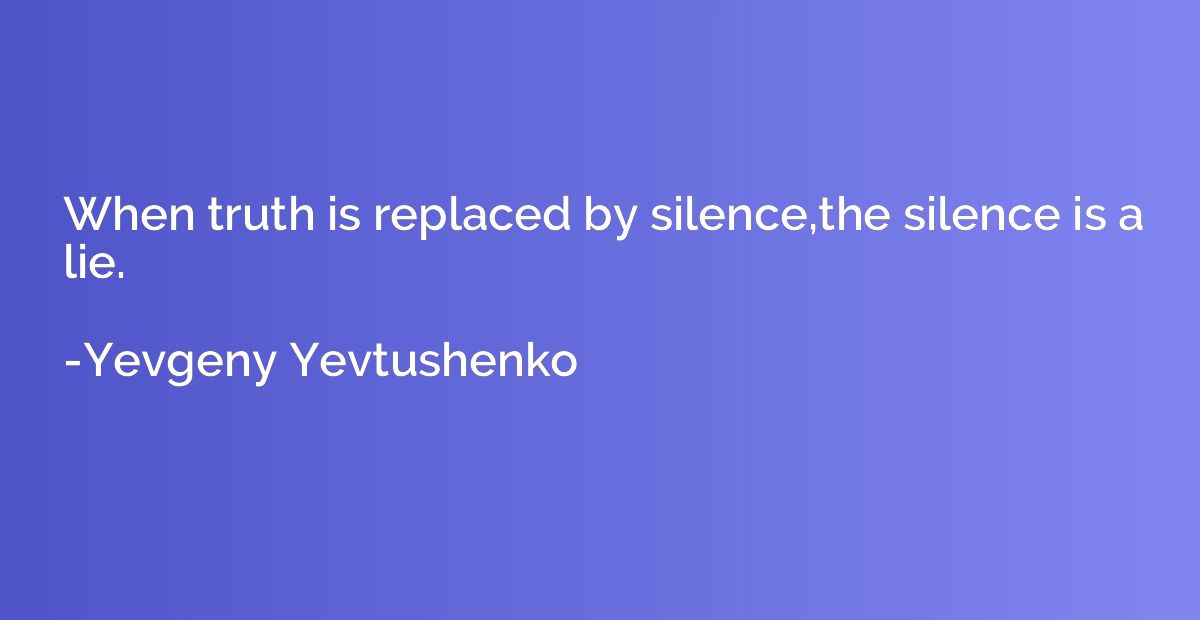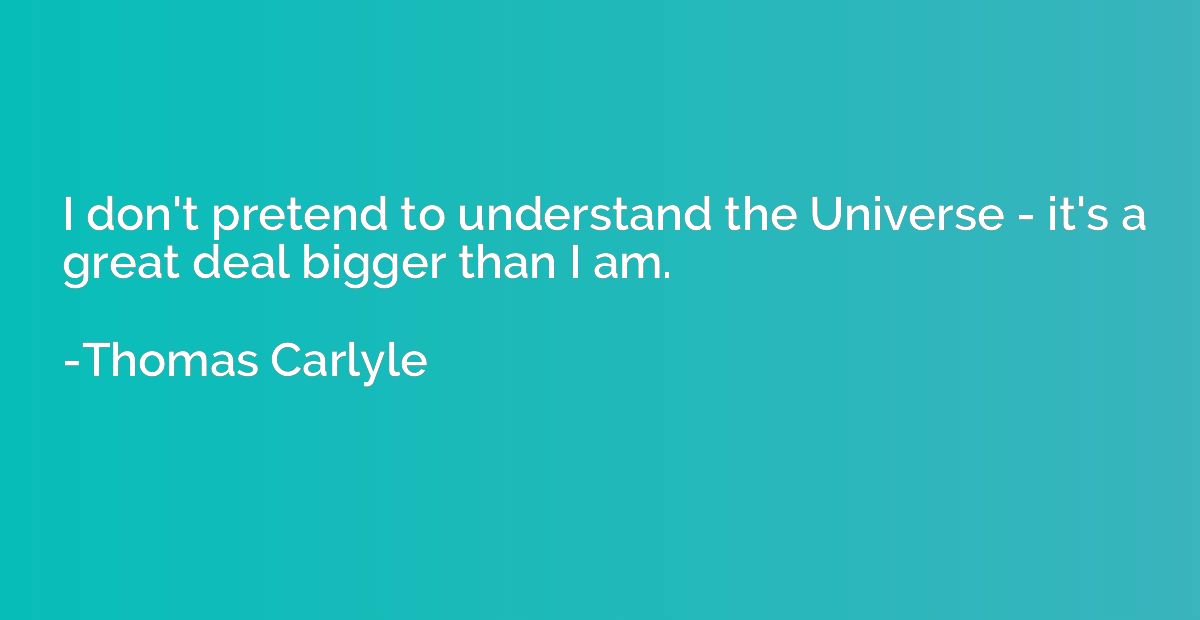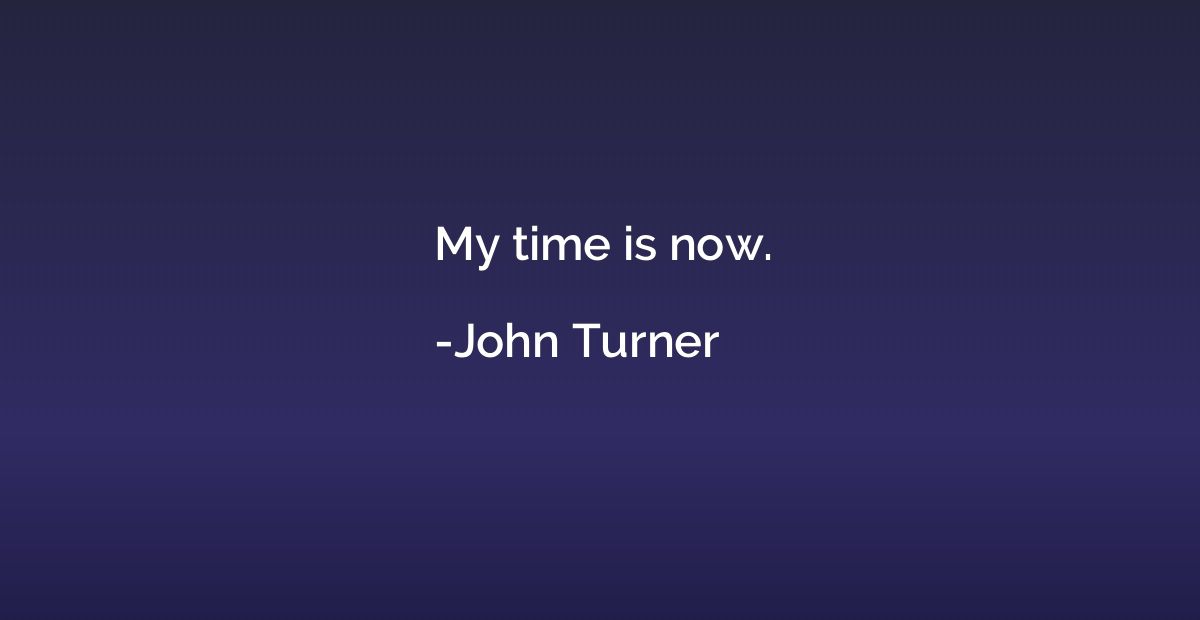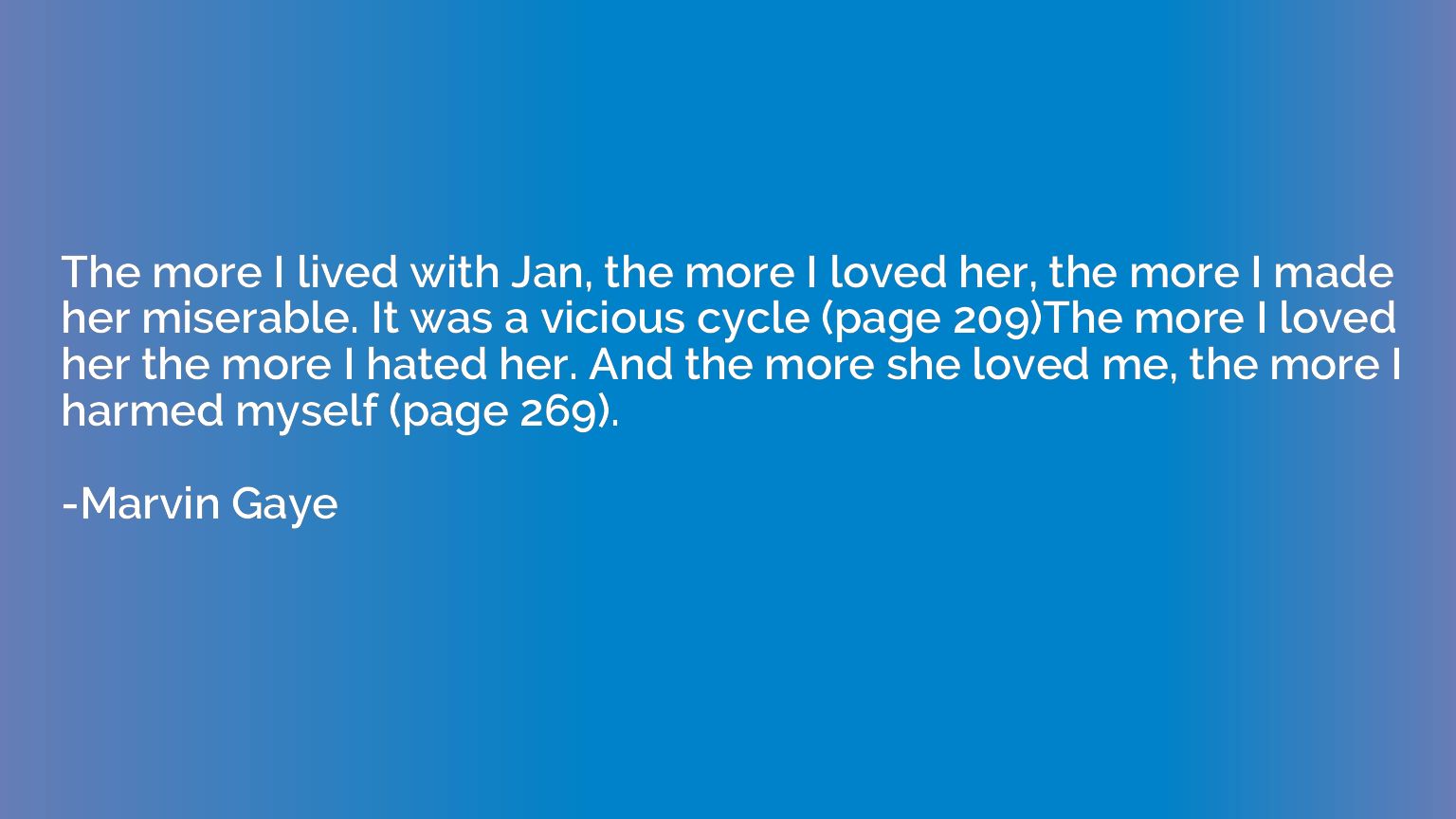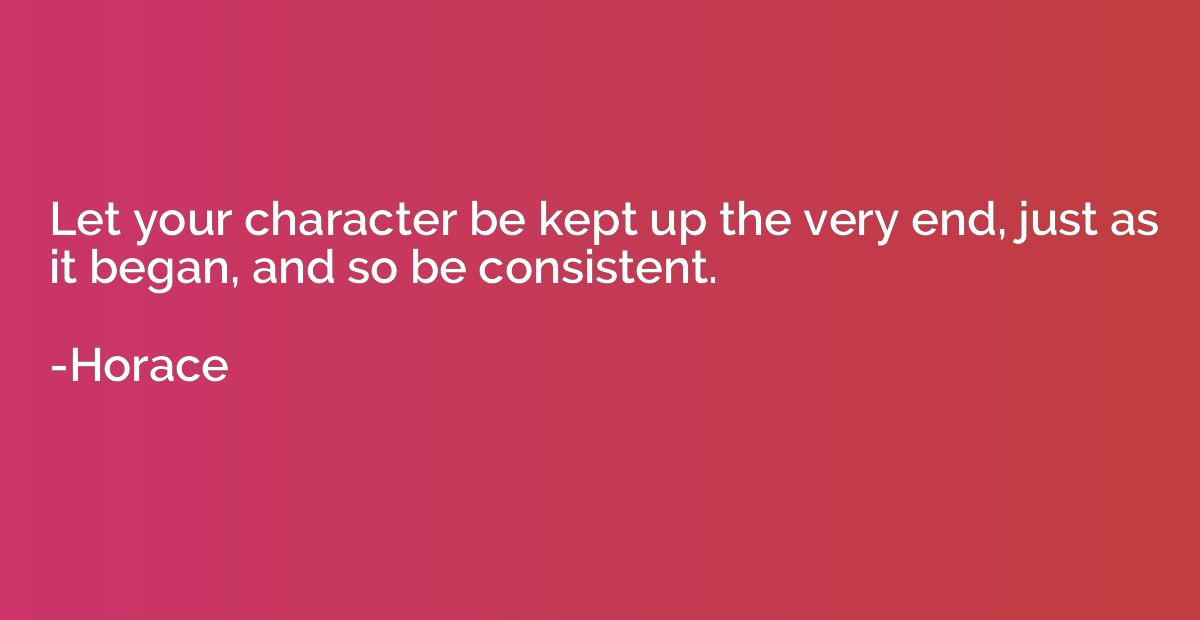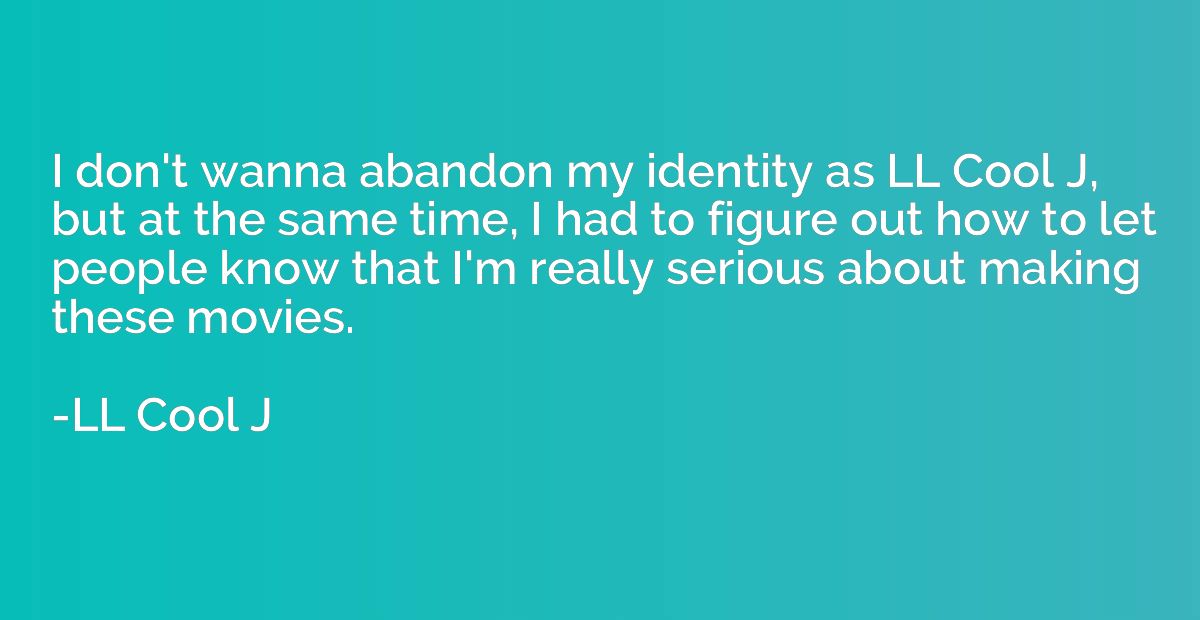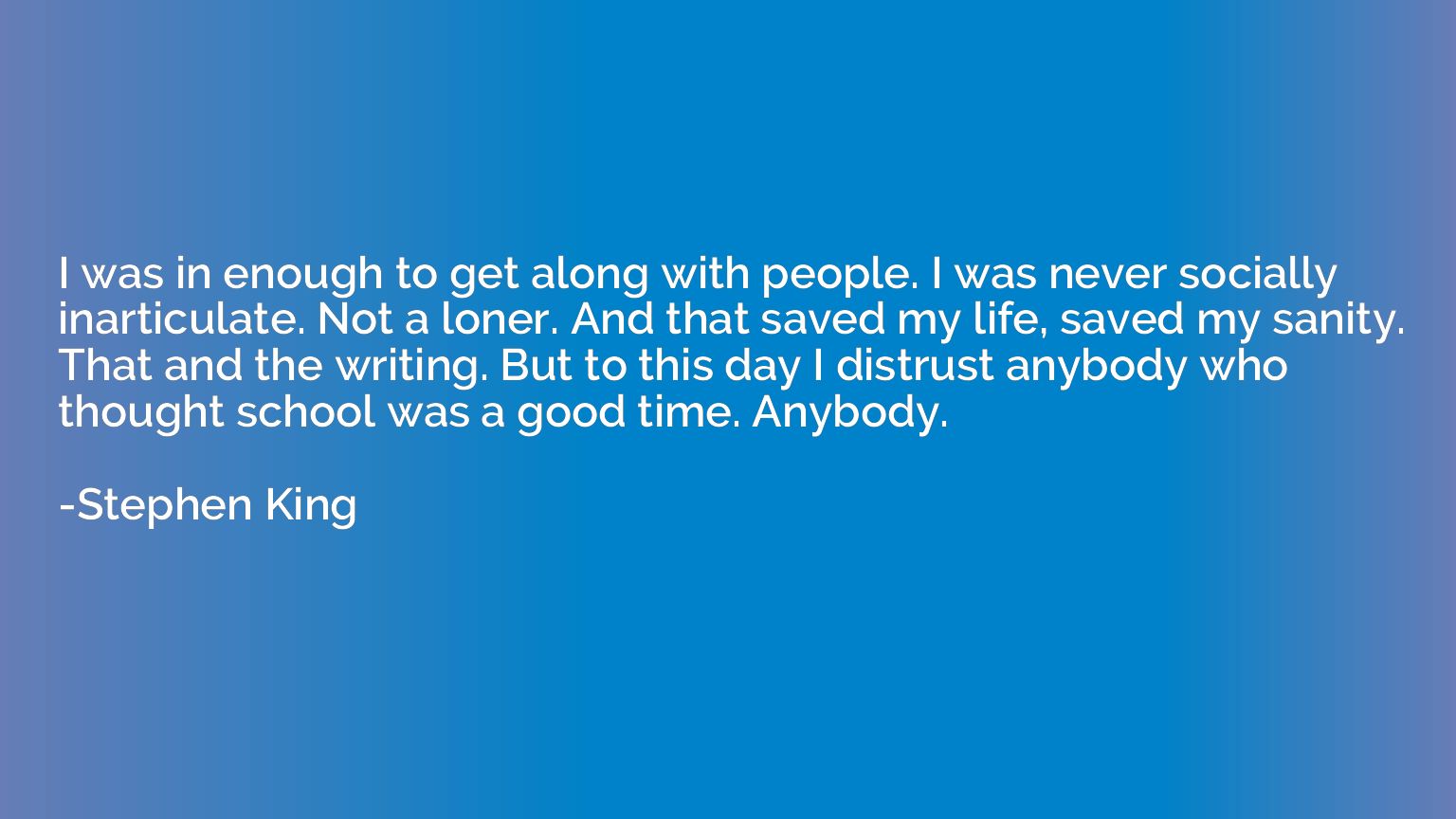Summary
This quote likely expresses the idea that making too many sacrifices or enduring hardships for a prolonged period of time can gradually harden someone's heart, making them become cold and devoid of empathy. It suggests that constantly giving up one's desires, needs, or values can lead to a loss of sensitivity and emotional connection with others. This highlights the importance of finding a healthy balance between personal sacrifice and self-care in order to maintain emotional well-being and compassion.
Topics
Love
By W.B. Yeats
